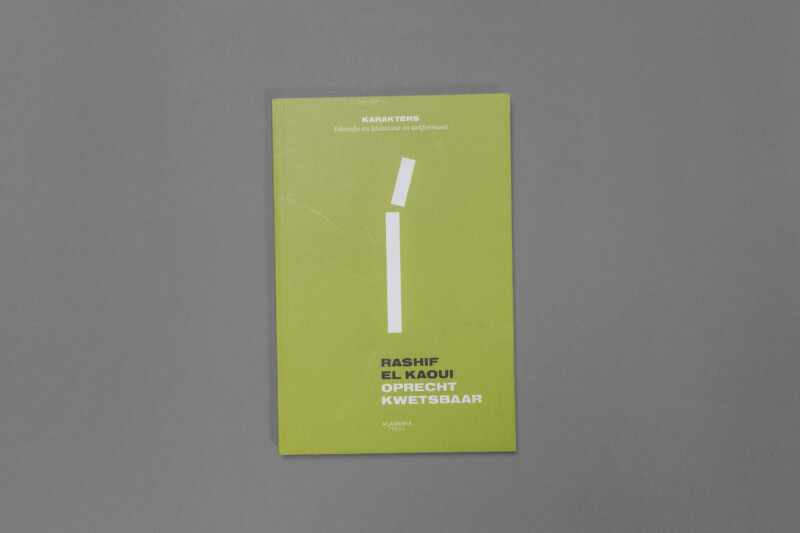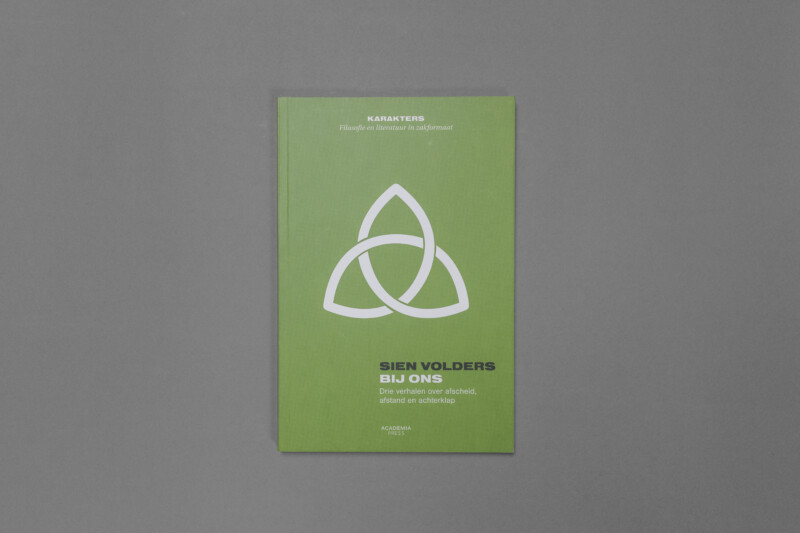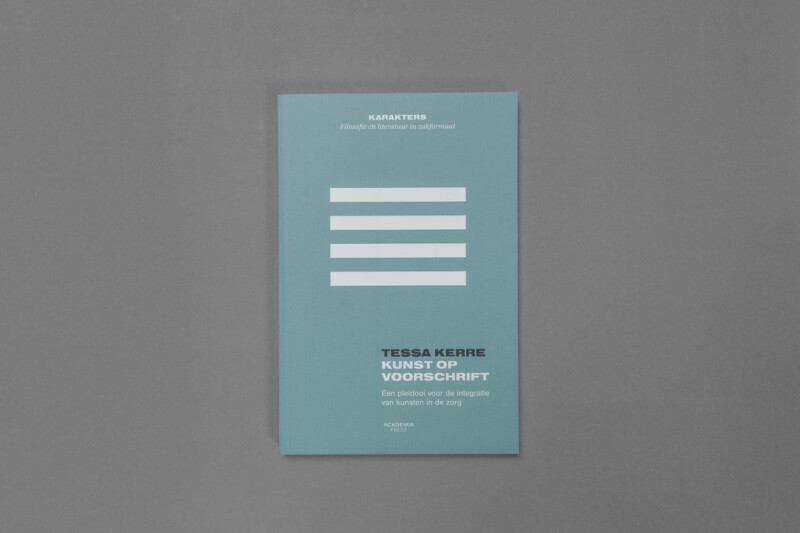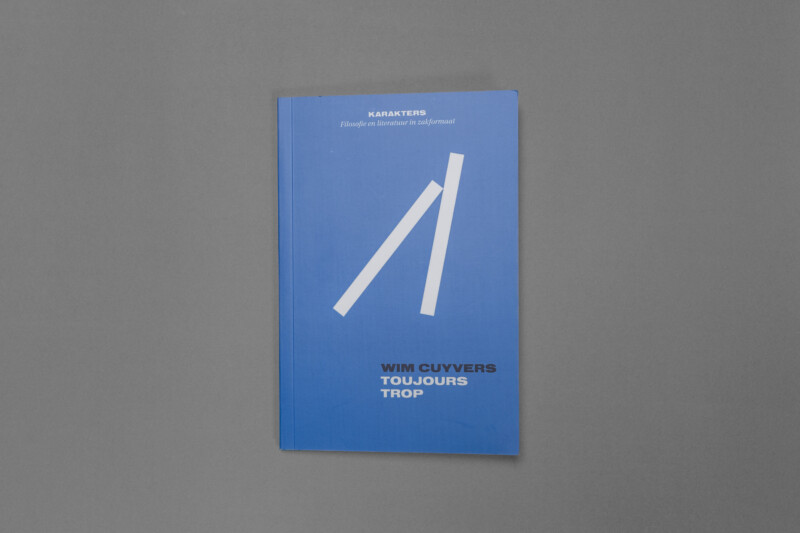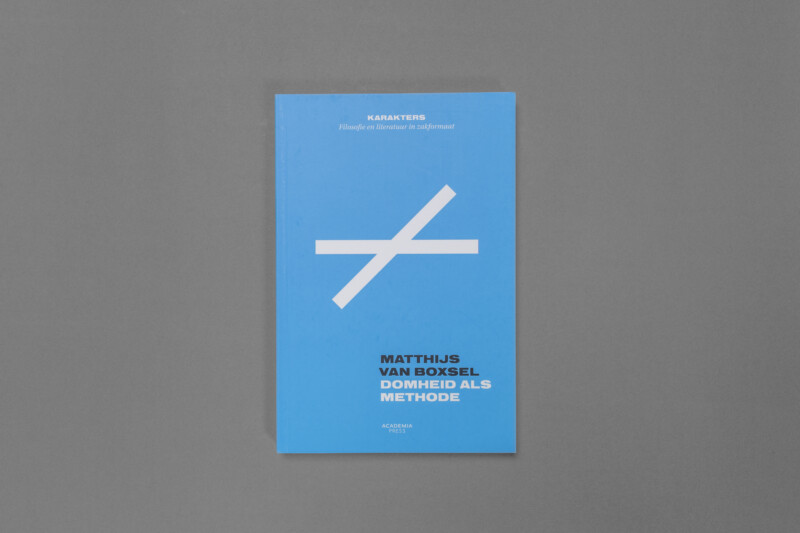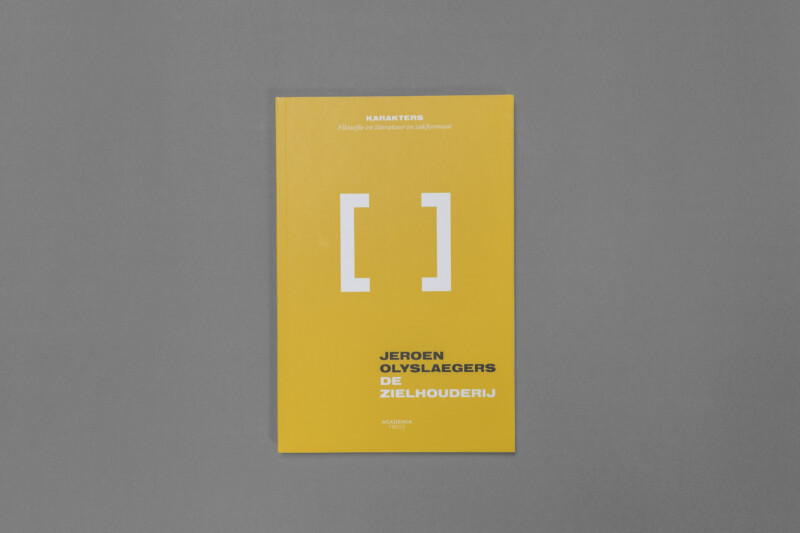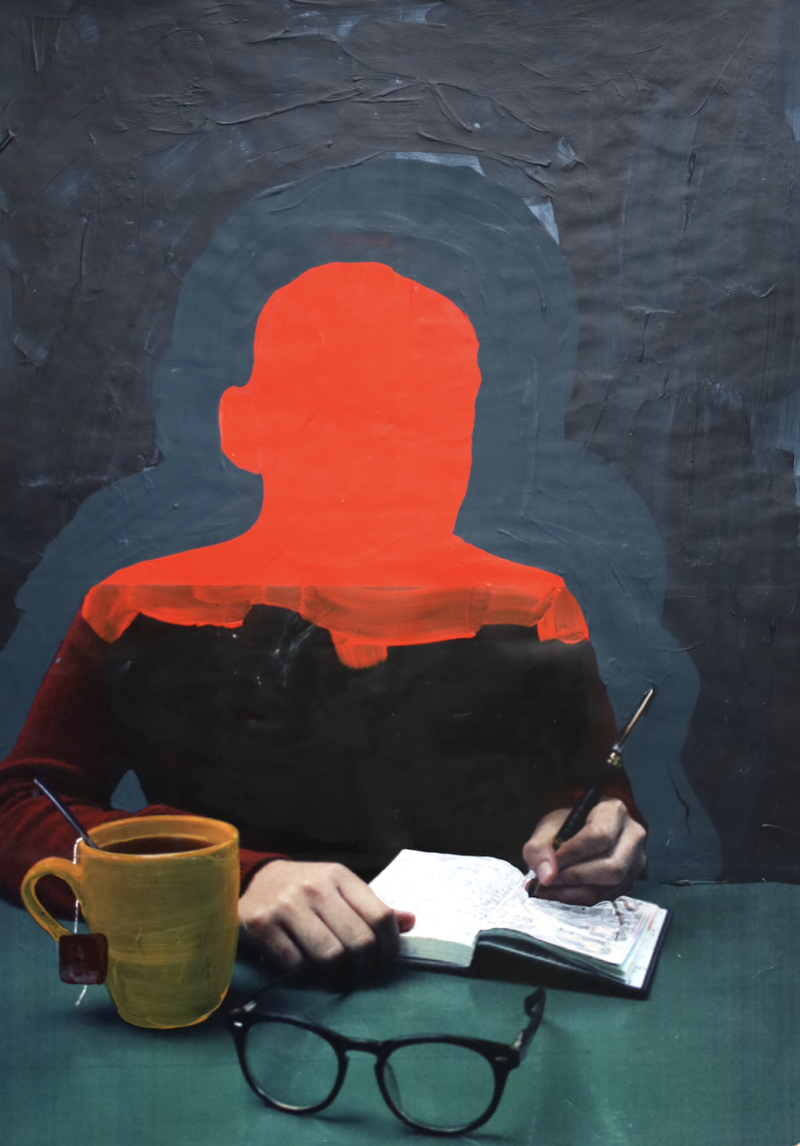
14.12.23, 15:15, Is colonialism really over?
Panel with Sibo Kanobana, Nozizwe Dube and Heleen Debeuckelaere at the Festival of Equality
In this panel, continuing at the Festival of Equality in collaboration with Curieus, we aim to question the 'post' in postcolonial with researcher and lecturer in postcolonial studies Sibo Kanobana, historian and journalist Heleen Debeuckelaere and lawyer Nozizwe Dube. For where and when did colonialism actually end? Are we really living in a post-colonial world? So how did this transition from colonial to postcolonial happen? Where are the differences and where are the similarities between the two times?
These reflections also lead us to larger history-philosophical questions: how do great historical periods actually end? And who decides they are over? Are we allowed to reopen the past? Who has a say in that? Or should we let it rest and invent new futures? And of course: how do we (then) end colonialism? Are there ways to do that constructively and destructively, or do construction and destruction always go hand in hand? Should we decolonise or re-indigenise? And how much of the current white world must be dismantled to do so?
Sibo Rugwiza Kanobana is associate professor of cultural and postcolonial studies at the Open University of the Netherlands and affiliated to the Department of Conflict and Development at Ghent University. He obtained his PhD in sociolinguistics in 2022 and has been editor for Rekto:Verso, the Flemish journal of criticism and culture, since 2017. In 2010, Sibo co-wrote the book 'The bastards of our colony' about the hushed-up history of the metis from the Belgian Congo. In 2021, he published the book 'Zwarte Bladzijden', an anthology of essays discussing Flemish (post-)colonial literature from a black perspective. Sibo is currently finalising a new book entitled 'White Order. On race, class and whiteness' which will be published by De Geus in 2024.
Heleen Debeuckelaere is a historian by programme (Ghent University) and an activist by conviction. She lives and works in Brussels, where she writes about the life and suffering of the Afro-diaspora in Belgium and Europe. She has published to date in De Correspondent, rekto:verso and on various English-language online media. She contributed to Zwart (2018, Atlas Contact), a collection of stories by nineteen black writers from the Netherlands and Belgium, edited by Vamba Sherif and Ebissé Rouw. In 2021, she became project coordinator at Globe Aroma and domestic editor at De Standaard.
Nozizwe Dube is a PhD candidate in EU anti-discrimination law at Maastricht University, where she researches how intersectional discrimination can be recognised in EU anti-discrimination law. She holds a Master's degree in Law from KU Leuven and Venice International University (Italy). She did internships at the Belgian Constitutional Court and the United Nations in New York. During her studies, she was coordinator of UNDIVIDED, a student platform working around decolonisation, gender, LGBTQ+ students and intersectionality. She is also co-founder of Karibu African Circle Leuven, a student association that provides a home for Leuven students with African roots. She has written opinion pieces for, among others, MO* Magazine and Society and Politics Magazine. Nozizwe was president of the Flemish Youth Council from 2015 to 2018.
Live Dutch-language written subtitles will be projected during the panel discussion. Anyone with further questions about accessibility facilities should contact the organisers: anais.vanertvelde@hogent.be.
This event will take place in the Domzaal of Arts Centre VIERNULVIER. About accessibility: The entrance from the street has an entrance shaft with a push button. There is a lift to the 4th floor. The auditorium is accessible to persons in wheelchairs, accompanied by a staff member.
* op 14.12 is het festival gratis voor studenten op vertoon van studentenkaart.
Domzaal
Sint-Pietersnieuwstraat 23
9000 Gent




